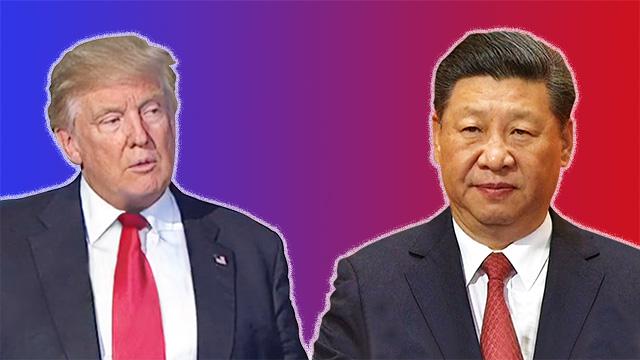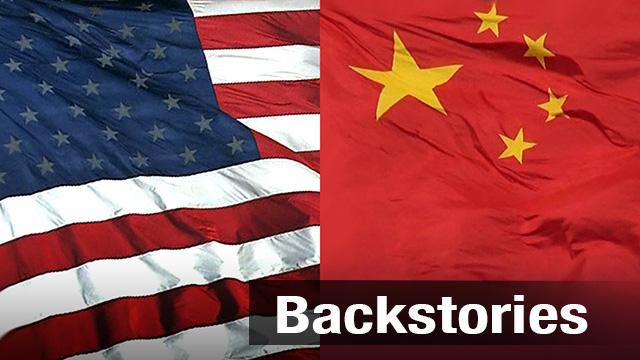Dispute Drags on
US President Donald Trump is apparently frustrated with China for not giving in to his demands to change what he calls "unfair" trade and investment practices, particularly in the high-tech sector. Faced with lower public-approval ratings ahead of midterm elections in November, Trump is likely to continue pressuring Beijing for significant concessions. But China's threatened retaliation is a clear sign it has no intension to capitulate.
The two countries had been preparing for a resumption of ministerial-level negotiations that had been halted in June, but the new tariff threats seem to have stifled momentum.
Many analysts had speculated the two leaders would meet on the sidelines of the G20 summit in November and come to a resolution. Now, those same analysts are predicting further tensions, dragging into 2019.

Effects on Japan
This latest move by the Trump administration suggests Japanese officials may need to brace for tough trade talks with their US counterparts in the coming weeks.
Japan's Economic Revitalization Minister, Toshimitsu Motegi, and US Trade Representative, Robert Lighthizer, are expected to begin a second round of talks soon on the theme of "free, fair and reciprocal" trade. That would be ahead of an expected meeting of the two countries' leaders on the sidelines of the United Nations General Assembly in New York.
Keio University expert on trade policy, Yorizumi Watanabe, says Washington is likely to play hardball and press Tokyo to negotiate a bilateral free trade agreement. Such a deal might force Japan to further open up its agricultural sector under threat of US tariffs on Japanese cars and auto parts.
Watanabe says Japanese officials must fend off this demand and focus on persuading the US to rejoin the multilateral Trans-Pacific Partnership free trade pact.

